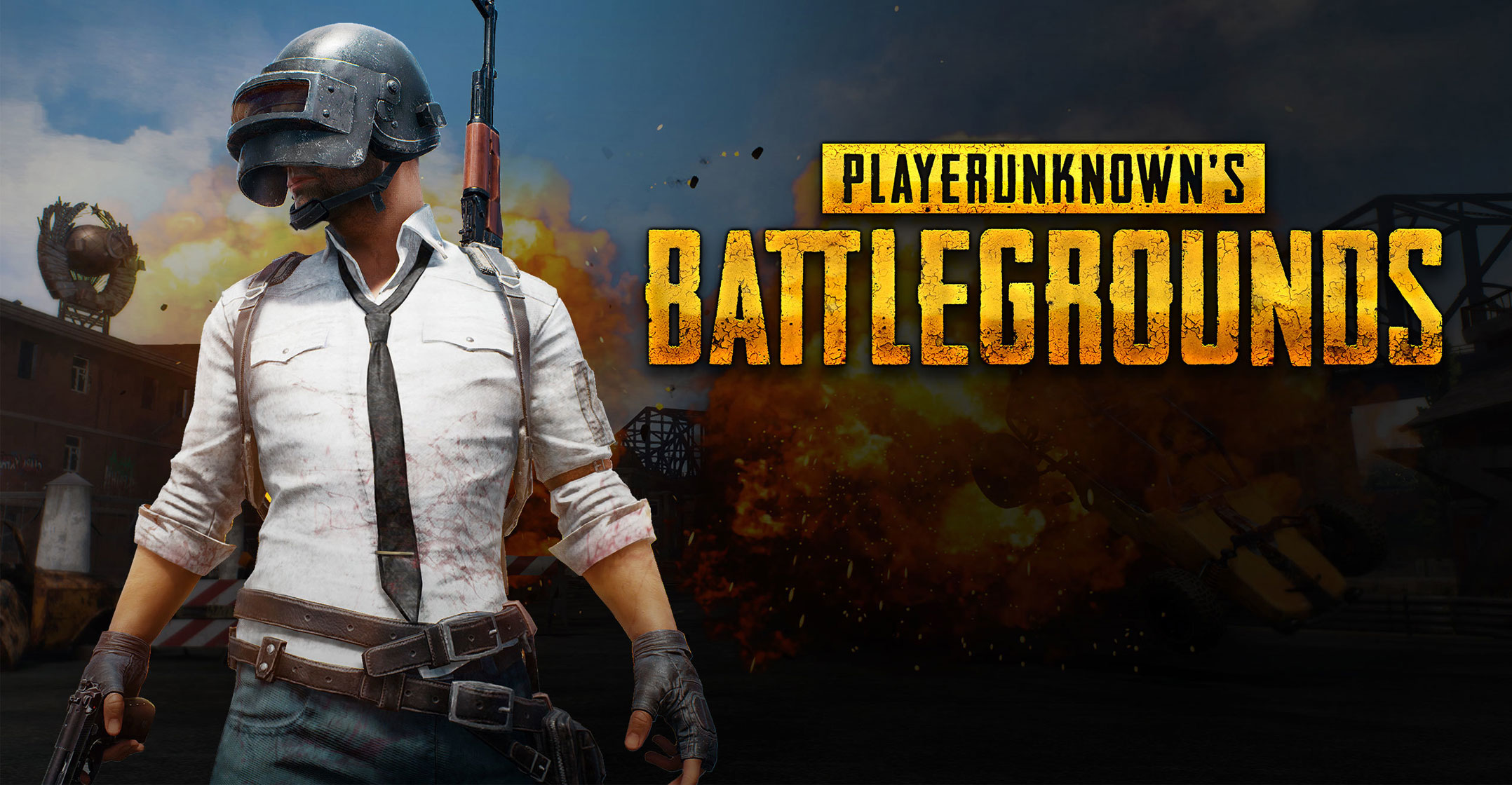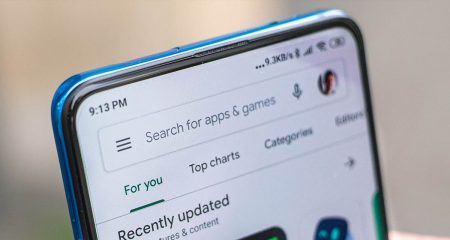
The companies behind two of the world’s most popular video games are squaring off in court.
PUBG, an affiliate of South Korean studio Bluehole, is suing the Korean unit of North Carolina-based Epic Games, arguing that its smash hit Fortnite copies many of the characteristics of its own PlayerUnknown’s Battlegrounds. The suit, alleging copyright infringement, was filed in South Korea.
PUBG introduced its game last year and it became a huge hit as players embraced the Hunger Games-style concept in which 100 players race to kill each other until there’s a sole survivor. But the game’s features have been embraced by rivals, prompting earlier legal action. Fortnite has a similar concept of 100 people competing with each other, but differs by letting players build fortifications similar to Minecraft and using more cartoon-like graphics aimed at younger players.
“This is a measure to protect our copyrights,” PUBG said, declining to provide further details. Epic Games didn’t immediately respond to requests for comment.
The two companies have a complicated relationship. Epic Games provides PUBG with its Unreal Engine technology, which was used to create PlayerUnknown’s Battlegrounds. The software is instrumental in building games and is the industry standard for professional games developers. Both companies are also partly owned by Tencent Holdings, China’s Internet giant.
PUBG has seen its popularity fall as Fortnite’s has risen. In February, Epic Games announced it had reached 3.4m concurrent Fortnite players, topping PUBG’s record of 3.3m achieved in early January, according to data site SteamDB. Since then, PUBG’s player count has fallen by half to about 1.5m.
On Tuesday, PUBG had around 27 000 viewers on streaming platform Twitch, about a tenth of Fortnite’s 260 000. More than half of Fortnite watchers were tuned in to popular streamer Ninja, a former PUBG player who ditched it for Fortnite earlier this year.
Fortnite, though free to play, generated US$296m in April through selling in-game items, according to research firm SuperData. PUBG has been purchased by 44m people since its release in March 2017, implying potential revenue of up to $1.3bn, according to data site SteamSpy.
Earlier this year, PUBG sued Netease for allegedly basing two mobile games — Rules of Survival and Knives Out — on the ideas behind PlayerUnknown’s Battlegrounds. It asked that both games be removed from Apple’s App Store and Google Play and demanded $150 000 “per infringed work”, according to a court filing. — Reported by Yuji Nakamura and Sam Kim, (c) 2018 Bloomberg LP




